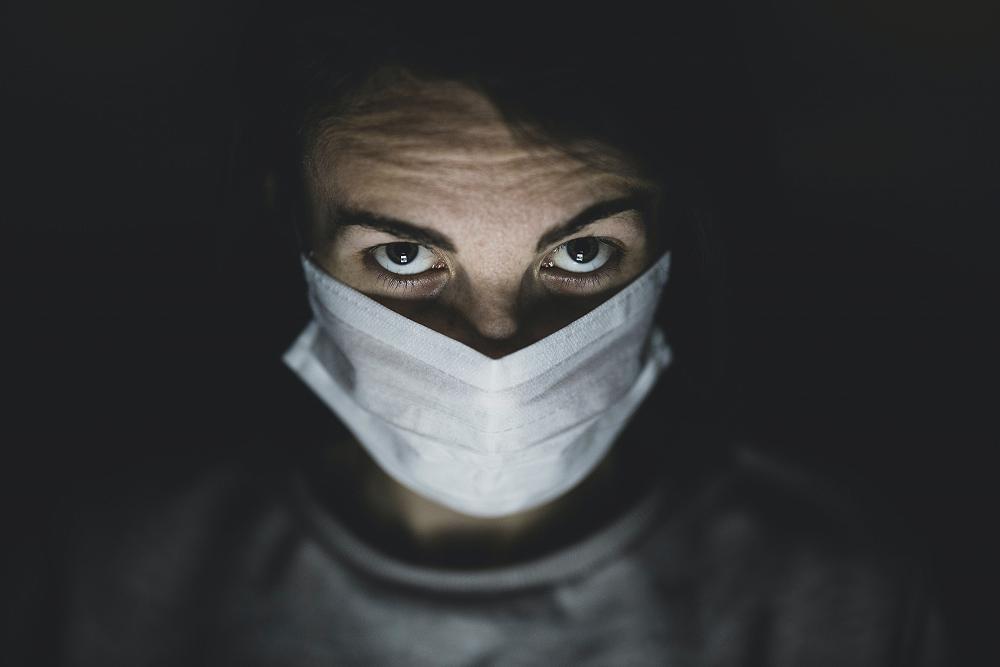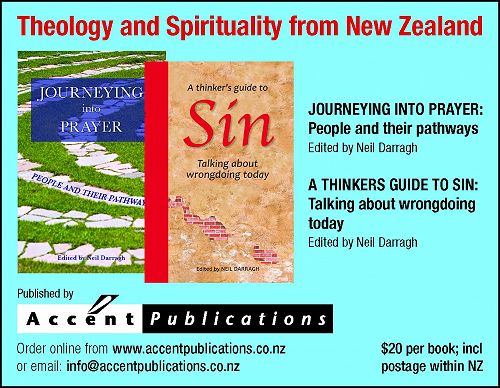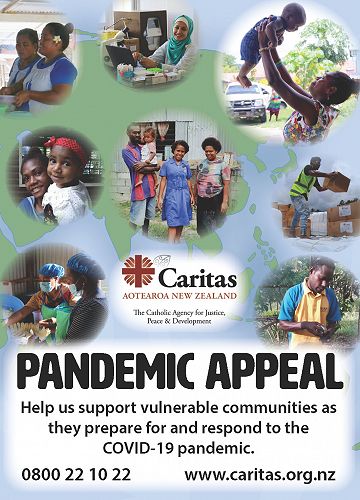
ARTICLE: Learning from COVID-19 the Value of Every Life
John Kleinsman writes how our experience of lockdown to prevent COVID-19-causing illness and death could inform our decision-making around euthanasia.
Every day during lockdown we collectively held our breath waiting for the Director General of Health to update us on the latest numbers of COVID-19 infection and deaths. And our news was full of stories of essential workers caring for us all. Every life and every death matters to us.
The lockdown restrictions show that even the most insignificant of choices we make can have a significant impact on the well-being of others. Because of this, we were prepared to accept limitations to our freedom and to the finances of our families, businesses and the country as a whole.
I was heartened by the way our government and fellow New Zealanders prioritised care for the most vulnerable over our individual freedom and economic prosperity. It reminds us that care comes at a cost — not just in dollars but also in limitations to what we might want to do.
Self-Referential and Other-Referential Choices
As a moral philosopher and bioethicist, I often emphasise the importance of recognising the limitations of individual choice for the sake of preserving other important human values. In our society, a starting point for analysing difficult moral issues, such as euthanasia and abortion, can be to defend our personal freedom of choice: “My body, my choice”.
Our community response to COVID-19 restrictions in this country, however, highlights another starting point for such debates. It re-focuses us on the importance of “care” — non-discriminating and non-judgemental care — as a more humane starting point for responding to the moral and ethical issues that matter.
The appeal and power of the choice argument is apparent when we consider a typical case presented in favour of euthanasia. It is demonstrated in the name — “End of Life Choice Act”. Euthanasia protagonists assume that the significant choice of an individual to prematurely end their life will not impact on the well-being of others around them or society as a whole.
Using the Catholic Test
This approach fails the "catholic test”. The catholic test begins by asking questions to determine the impact of a particular law or policy on others. The starting point of the catholic test is “other-referential” — meaning that we are primarily attuned to, and concerned with, the consequences for others — rather than just "self-referential”.
A critical question to ask of the End of Life Choice Act is: “What impact will it have on the fundamental societal attitudes which shape the way we look at, think about and act towards our fellow sisters and brothers, in particular those who are most vulnerable to the suggestion that they would be better off dead — the elderly, disabled and others with high-care needs?”
All of our individual actions have the potential to impact others significantly. There is much more at stake in the euthanasia referendum question than whether or not to allow this or that individual to be able to choose to let a doctor end their life. More significantly, we are being asked to choose between two different narratives of care.
Under the current law in which euthanasia and assisted suicide are illegal, there is no such discrimination because every life is considered equally valuable (which, importantly, is not the same as saying that we have to do all we can to extend life in any circumstances). This means that were the euthanasia laws to change, we would be introducing a degree of “calculation” about the worthiness of human life.
COVID-19 Highlighted Complexities
The present COVID-19 context, and specifically the intense ethical debate that has arisen about the potential need to ration healthcare such as ventilators in some countries, is enlightening. As one palliative care physician said: “Even at the best of times, the notion of anyone – doctors included – holding your life in their hands is deeply uncomfortable.” Another said: “In the COVID-19 context we are fighting for every life and in these circumstances I would regard any situation in which I had to choose one life over another as a tragedy.” That is exactly what we will be asking doctors to do should the End of Life Choice Act become law.
The disturbing rationale we have heard from a few COVID-19 commentators – that most of the people being killed by the coronavirus are already sick or elderly and would have died soon anyway – would become an accepted part of healthcare policy. Should the End of Life Choice Act pass, then what is regarded as a “tragedy” now — having to choose one life over another — will become a fundament of “good” healthcare – some lives matter more than others and some deaths matter less than others. That would be a shift of huge proportions legally, ethically, medically and humanly speaking.
We have two narratives. The first is characterised by care and a willingness to regard every life as equally valuable and the other is characterised by and requiring a degree of “calculation” as to who deserves to live.
When we think of it in this way, the choice for euthanasia is far more complex and sinister than we may currently appreciate.
Amid the undeniable tragedy that the coronavirus is bringing, we have a unique opportunity to reflect on the limitations of the emphasis on individual choice while recommitting ourselves to care generously and selflessly without judgement and without calculation.
That is the real choice we face in the euthanasia referendum vote.
John Kleinsman is the director of The Nathaniel Centre, the New Zealand Catholic Bioethics Centre in Wellington.
Tui Motu Magazine. Issue 248 May 2020
Gallery



